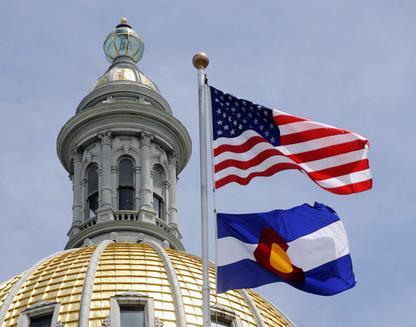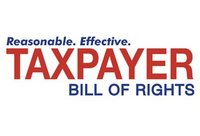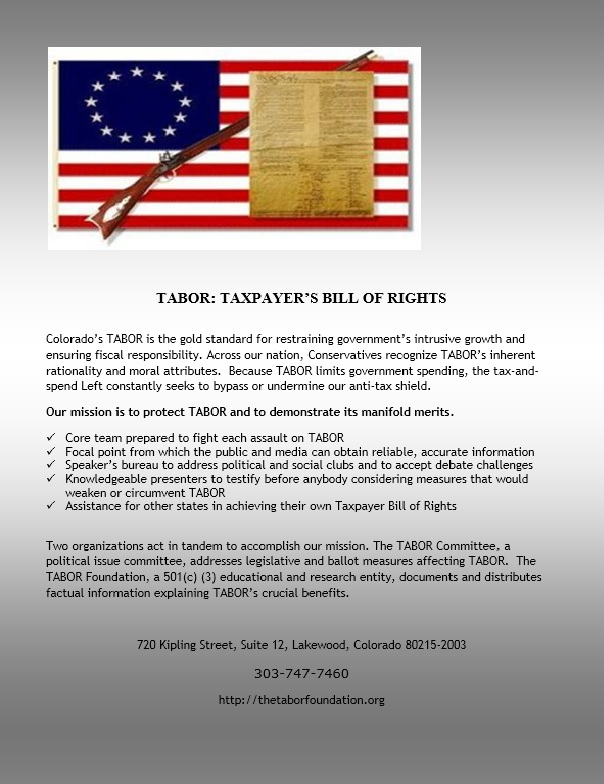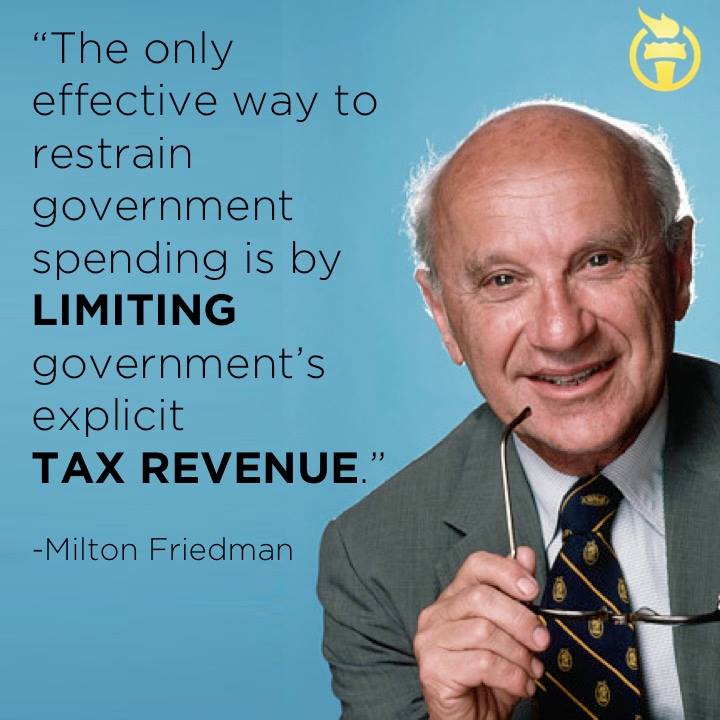Seeing is believing. So, it’s no wonder many in government prefer to work in the dark.
It’s not just that they don’t want us to know what they’re fully doing. They don’t want us to know what we’re fully paying. The reason for this emotional manipulation is clear. If the cost of government is hidden into the cost of our daily lives, we feel like we’re not paying as much as we really are.
As the state legislative session gears up our governor will try to get you to feel you’re not paying a massive tax called the Hospital Provider Fee. He, in concert with everyone who wants to increase taxes in every conceivable way except actually asking voters first, will pressure the legislature, via the new senate president, to embrace this dark money ploy.
This is nothing new. Colorado is chalk full of schemes to turn your tax money dark.
One of the biggest emotional manipulations is employee withholdings. Why in the world is it our employer’s job to collect our taxes? Imagine how you’d feel about your money going to government if you had to write out a check every month along with your other bills. And you think you gripe about your cable bill?
To read the rest of this story, click (HERE):







